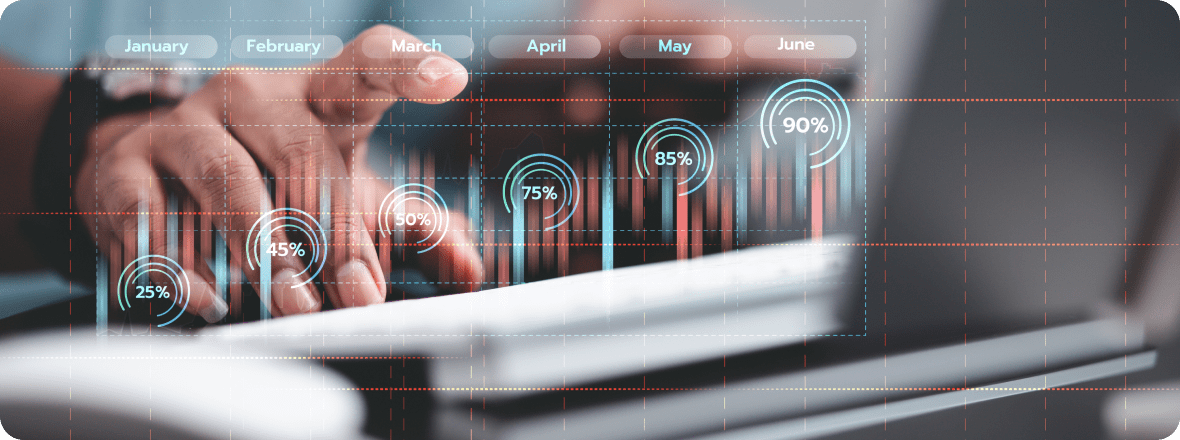Economic Calendar
Plan your trading strategy in advance with the help of our Forex Calendar, giving you a worldwide view of upcoming events that could affect the markets.
What is the forex economic calendar, and how does it work?
The forex and stock market economic calendar is a list of vital economic events and important announcements made during trading sessions. This fundamental data affects the prices on small and large markets alike. This is why the economic news calendar can become one of the first-tier tools for real-time analysis to use should you decide to delve into forex.
How does one use the economic calendar?
In addition to being integral to fundamental analysis and forecasting, as mentioned above, the forex live economic calendar serves as a reliable source of information when it comes to opening new positions.
There is a well-tried algorithm for using the forex calendar that is suitable for all investors:
At the beginning of a new trading day (or the day before), a trader opens the economic calendar and makes note of the relevant macroeconomic news. Of paramount importance are the news pieces marked with three exclamation points.
In case the trader is experienced enough, they analyze previous macroeconomic data, as well as the reaction of the main market players and how it impacts the dynamics of asset quotes. It is also essential to get acquainted with the opinion of market experts and more experienced traders, get general market commentary and advice from independent experts like FXOpen.
Immediately after the news release and its evaluation, the trader reconciles the released data with the forecast and decides to invest money according to the conclusions made. Please note that you need to carefully consider your investment objectives in every instance.

In case the news is positive
i.e. its actual value is higher than the forecast median, one can consider buying the currency with the quotes that are most sensitive to the macroeconomic news content.
In case the news is negative
i.e. its value is lower than the forecast, one can consider selling such currency.
However, news trading is not the only way to use the economic calendar. Very often, various news can influence the world economy. Events like discount rate changes, made by central banks (regulators), or release of inflation stats, the number of employees, etc., can channel the quotes of foreign exchange, stock, and commodity markets into long-term trends. Such manifestations arise directly or indirectly and fall into the domain of interest of investors who can use the economic calendar for long-term forecasting and investments.
What to pay attention to when
using the forex economic calendar?
Time of publication
Pay attention to the time of publication adjusted to your timezone.
Origin of the news
As well as the country and source of publication. For example, if you trade USD/CAD, you should pay attention to Canadian and US economic statistics.
Weight of the news
Namely, the impact on the relevant asset. If the impact is low, the price of the relevant currency is likely to be unaffected, while a high-profile news piece may cause high volatility in the financial asset.
Nature and wording of the news
will make it possible to judge the nature of this event, be it Mario Draghi's speech or the U.S. unemployment statistics.
Results and forecast statistics
Historical data will allow you to assess the evolution of events and compare them with the market situation at the moment, and maybe even take a different perspective on the initial investment.
Note that reliance on such information should be somewhat limited and not be your sole source for decision-making. Foreign exchange trading is always associated with certain risks, no matter what analysis method you use. Always keep in mind the amount of money you can afford to lose if you decide to open a trade against the backdrop of particular news and remember that the forex economic calendar does not constitute investment advice.









